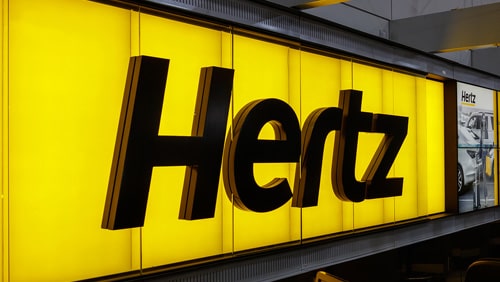Denmark’s state-owned gambling operator Danske Spil turned in a middling first-quarter earnings report, with small gains in one division offsetting small losses in another, while rising costs drove down profits.
Figures released last week showed Danske Spil generated revenue of DKK1.23b (US$179.7m) in the three months ending March 31, a modest 0.8% rise over the same period last year. But net income fell 8.6% to DKK398.1m on higher financing costs and last year’s divestment of the company’s stake in games developer CEGO.
The mainstay lottery division Danske Lotteri Spil reported sales rising nearly 5% to DKK 640.4m, while the Danske Licens Spil online casino and sports betting unit was down less than 1% to DKK511.3m, with some of that decline based on the suspension of major sports due to COVID-19. That said, the Swush fantasy sports division rose 5% to an admittedly tiny DKK2.1m.
The Elite Gaming land-based slots hall unit took a bigger hit, falling 18.6% to DKK75.3m. Ongoing declines in this unit were predicted in the company’s 2019 year-end report, but the rate of decline was accelerated by Denmark’s March 13 shutdown of non-essential retail operations due to the pandemic.










